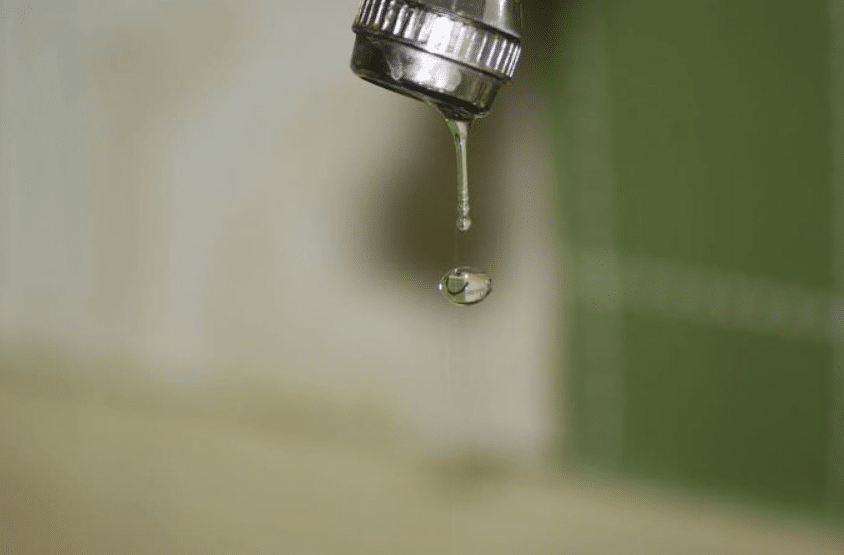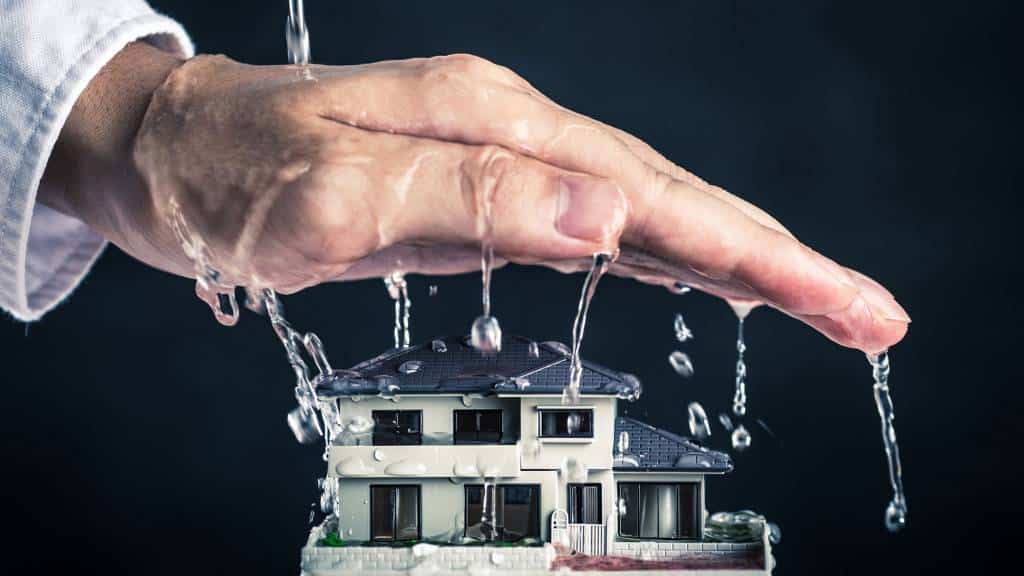Uncovering the Top Six Causes of Water Leaks in Your Home
Uncovering the Top Six Causes of Water Leaks in Your Home
Blog Article
The article which follows on the subject of Top Causes of Home Water Leaks is quite enlightening. Don't overlook it.

Leakages not just create waste of water but can also cause unnecessary damage to your home and also promote undesirable organic development. However, water leakages could go unnoticed considering that a lot of the pipework in our residence is concealed. By looking and also understanding for everyday circumstances that cause leaks, you can secure your home from future leakages as well as unnecessary damages. Today, we will consider 6 leak creates that may be creating your pipelines to leak.
Elbowing in origins
Many water leaks begin outside your home instead of inside it. If you discover a sudden decrease in water stress, state in your faucet, take time to head out as well as analyze your lawn. You may notice damp patches or sinkholes in your backyard, which might indicate that tree roots are invading water lines causing water to seep out. You can have your plumber check for invasion, specifically if you have trees or shrubs near your building.
Corroded water systems
This may be the cause of staining or warping on your water pipelines. If our plumbing system is old, think about replacing the pipelines because they are at a higher danger of corrosion than the newer versions.
Faulty Pipe Joints
The factor at which your pipelines connect is often the weakest link in the waterline. Pipeline joints can weaken gradually, leading to water leakages. However, the majority of pipe joints are not conveniently visible. If you have loud pipelines that make ticking or banging noises, particularly when the warm water is turned on, your pipeline joints are most likely under a great deal of pressure. It is advisable to have your plumber examine your system once a year.
Immediate temperature level changes.
Severe temperature changes in our pipelines can create them to broaden as well as contract unexpectedly. This expansion and contraction may trigger cracks in the pipes, specifically if the temperature level are below freezing. If you maintained an eye on exactly how your plumbing functions, it would certainly be best. The existence of the previously discussed conditions frequently indicates a high risk.
Poor Water Connectors
At times, a leakage can be triggered by loose hoses and also pipes that provide your home appliances. In situation of a water links leak, you may see water running directly from the supply line or pools around your appliances.
Clogged Drains
Obstructed drains pipes might be aggravating and also inconveniencing, however they can often wind up creating an overflow leading to break pipes. Keep getting rid of any type of products that may decrease your drains pipes that could clog them to prevent such aggravations.
All the above are reasons for leakages however not all water leakages arise from plumbing leaks; some leaks may originate from roof covering leakages. All leakages need to be repaired promptly to stay clear of water damage.
Leaks not only cause waste of water but can likewise create unneeded damage to your house and promote unwanted organic growth. By looking and also recognizing for day-to-day circumstances that cause leaks, you can safeguard your home from future leaks and unnecessary damages. Today, we will certainly look at 6 leakage creates that might be creating your pipelines to drip.
At times, a leak can be triggered by loose pipes as well as pipes that supply your home appliances. In situation of a water links leakage, you might observe water running straight from the supply line or pools around your devices.
How To Check For Water Leak In Your Home
How To Check for Leaks
The average household's leaks can account for nearly 10,000 gallons of water wasted every year and ten percent of homes have leaks that waste 90 gallons or more per day. Common types of leaks found in the home are worn toilet flappers, dripping faucets, and other leaking valves. These types of leaks are often easy to fix, requiring only a few tools and hardware that can pay for themselves in water savings. Fixing easily corrected household water leaks can save homeowners about 10 percent on their water bills.
To check for leaks in your home, you first need to determine whether you're wasting water and then identify the source of the leak. Here are some tips for finding leaks:
Take a look at your water usage during a colder month, such as January or February. If a family of four exceeds 12,000 gallons per month, there are serious leaks.
Check your water meter before and after a two-hour period when no water is being used. If the meter changes at all, you probably have a leak.
Identify toilet leaks by placing a drop of food coloring in the toilet tank. If any color shows up in the bowl after 10 minutes, you have a leak. (Be sure to flush immediately after the experiment to avoid staining the tank.)
Examine faucet gaskets and pipe fittings for any water on the outside of the pipe to check for surface leaks.
Undetected water leaks can happen without the home or business owner even realizing. If you suspect a water leak, but not able to find the source. It is time to contact a professional water leak detection service, The Leak Doctor.
How To Find a Water Leak In Your Home
https://www.leakdoctor.com/blog/How-To-Check-For-Water-Leak-In-Your-Home_AE197.html

Do you like reading about Top Causes of Home Water Leaks? Make a short review directly below. We will be pleased to find out your suggestions about this blog entry. In hopes that you visit us again before long. So long as you enjoyed reading our page please make sure you remember to pass it around. I am grateful for your time. Don't forget to stop by our website back soon.
Contact Report this page